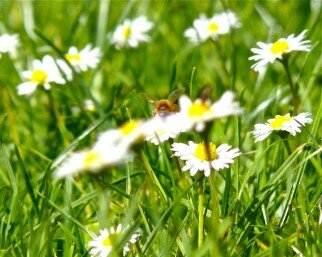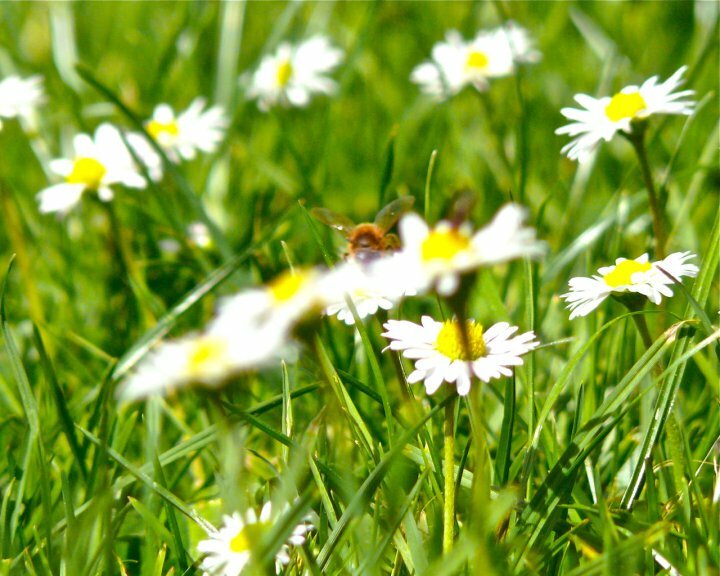 Thanks to Cliff Mass and his post on fireworks-induced air pollution, I’ve fallen down the air quality rabbit hole on the internet. I was curious anyway because yesterday in the park I started coughing so hard I had to stumble home, watery-eyed.
Thanks to Cliff Mass and his post on fireworks-induced air pollution, I’ve fallen down the air quality rabbit hole on the internet. I was curious anyway because yesterday in the park I started coughing so hard I had to stumble home, watery-eyed.
Bremerton, Puyallup, and Everett all made leaps into “Unhealthy” air quality the night of July 4, from the amount of particulate in the air. Those of you who are anti-boom-boom will be pleased to know that Cliff Mass is on your side:
There was a lot of concern about the Fukushima radiation a few months ago, but quite frankly the health and other ill-effects of the fireworks are far, far greater. Not only was the air quality highly degraded last night but several kids lost fingers, one teenager was killed, a number of homes were torched, and how many dogs/cats were left shaking in a corner?
But now that the explosives are packed away, we still have to contend with an insidious foe: grass. AirNOW shows ozone and particulate levels are fine, but the Northwest Asthma and Allergy Center shows grass pollen registering at High (“Most individuals with any sensitivity to these pollens will experience symptoms”). Trees and weeds, not so much. The National Allergy Bureau Pollen and Mold Report backs these findings up.
If your nose is running, expect it to keep up for another week, as the grass season lasts until mid-July.

